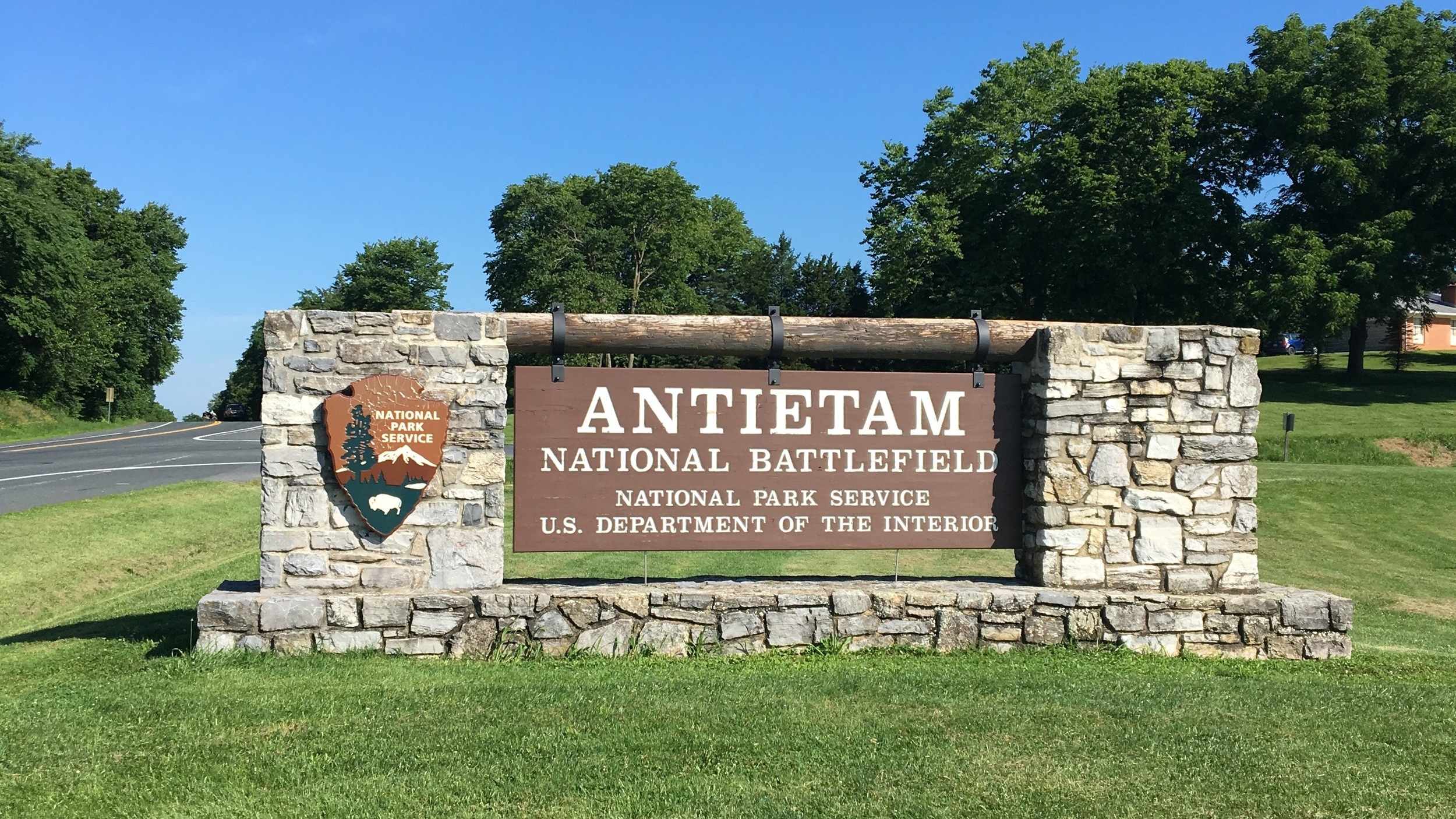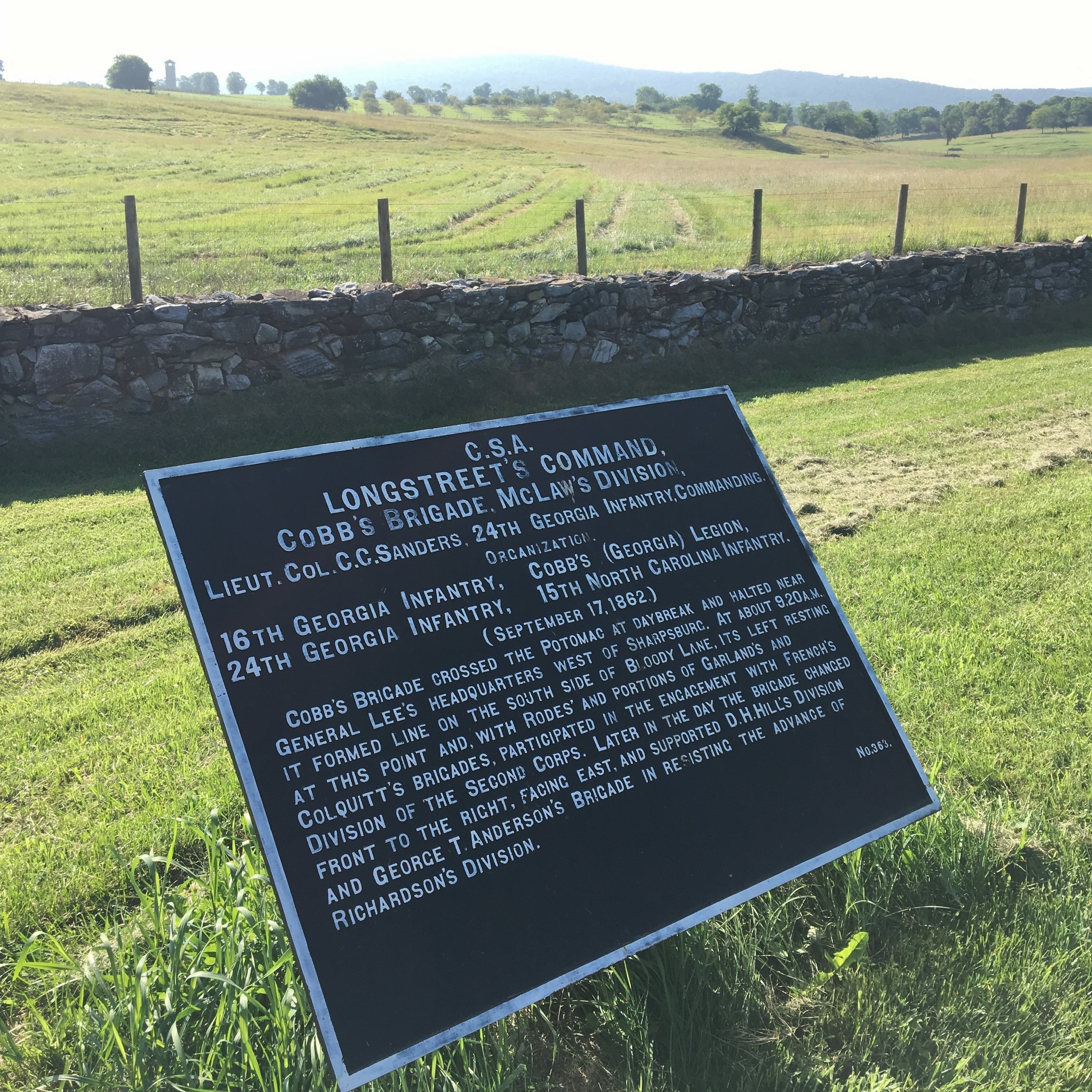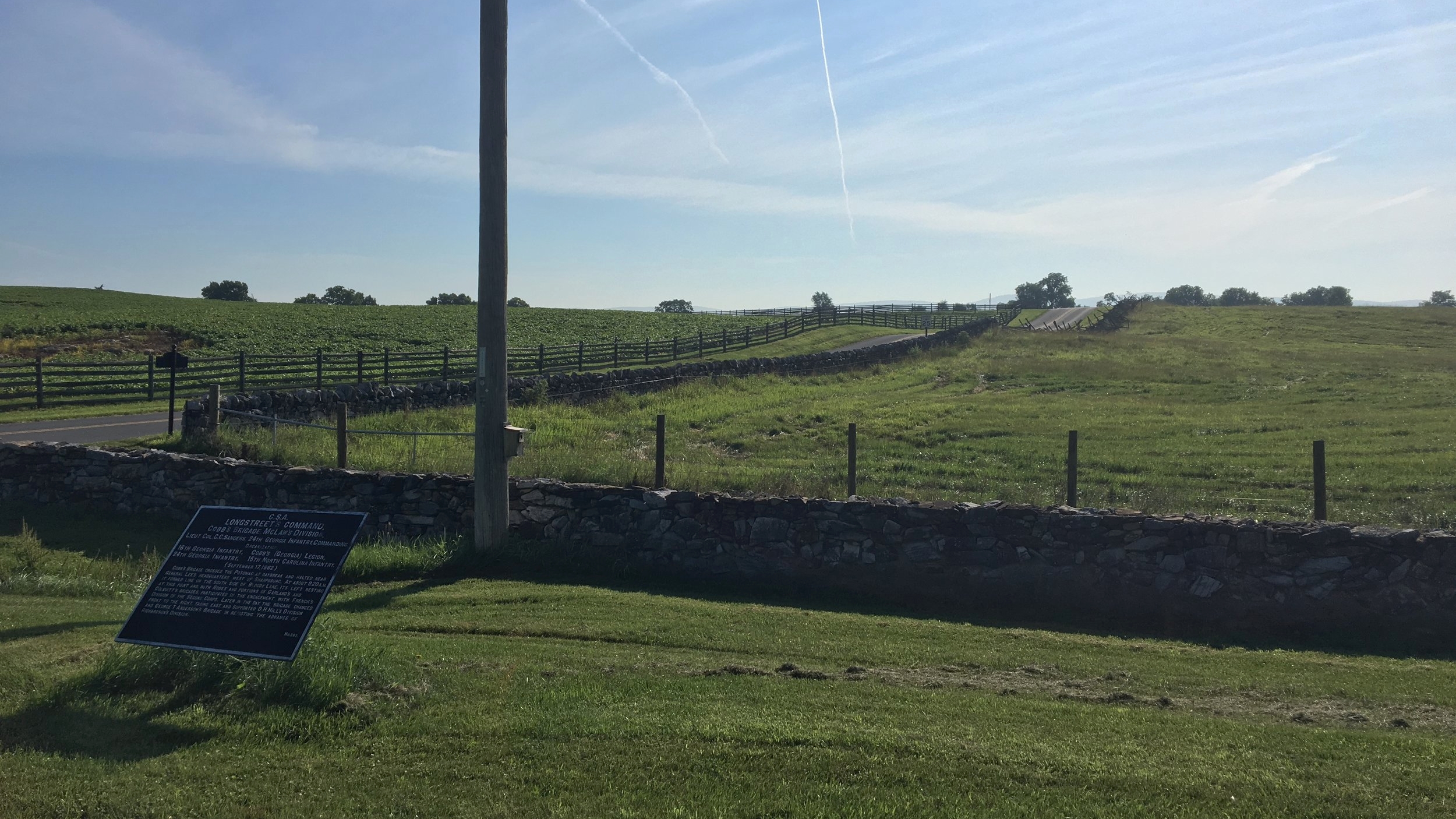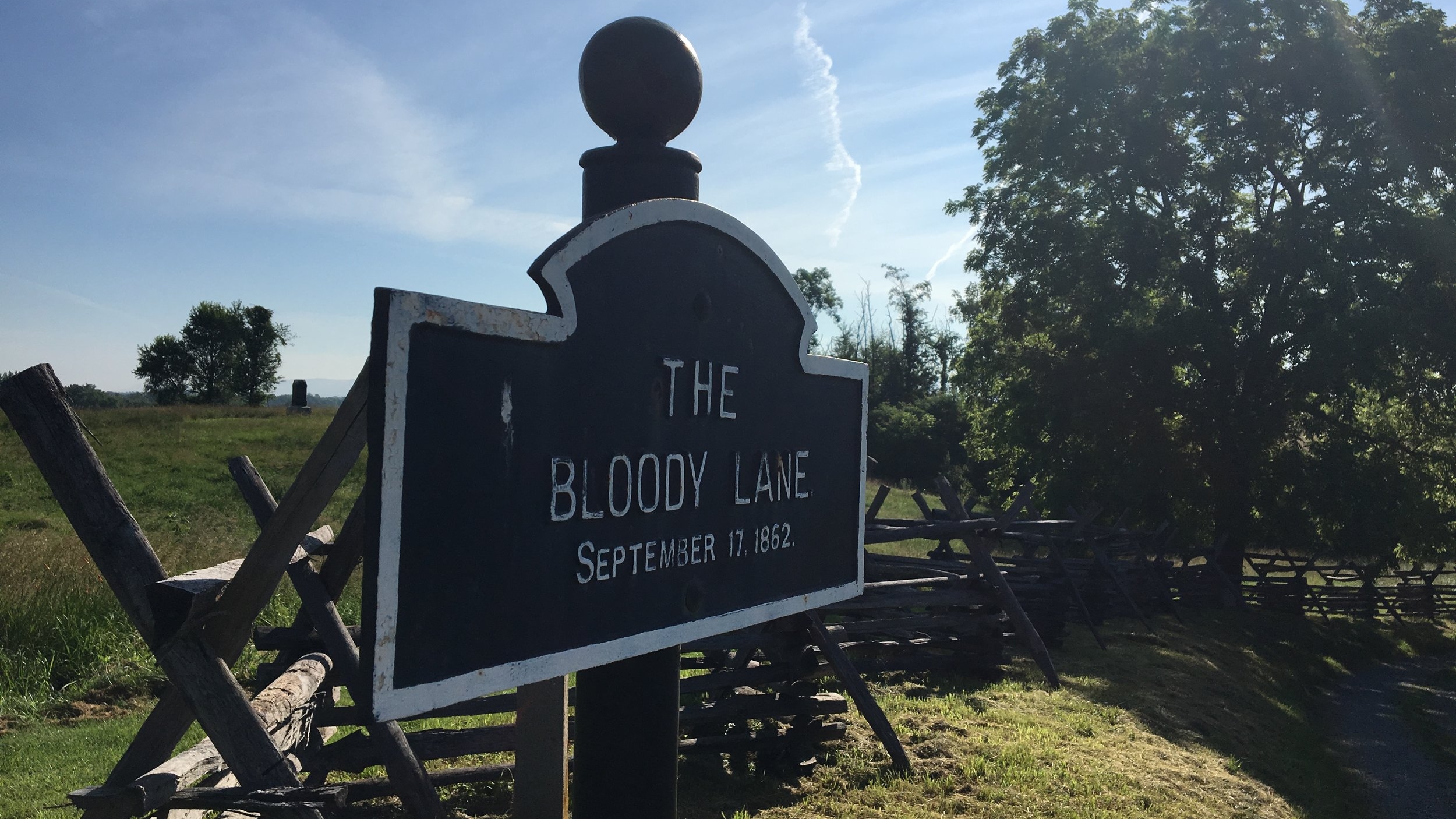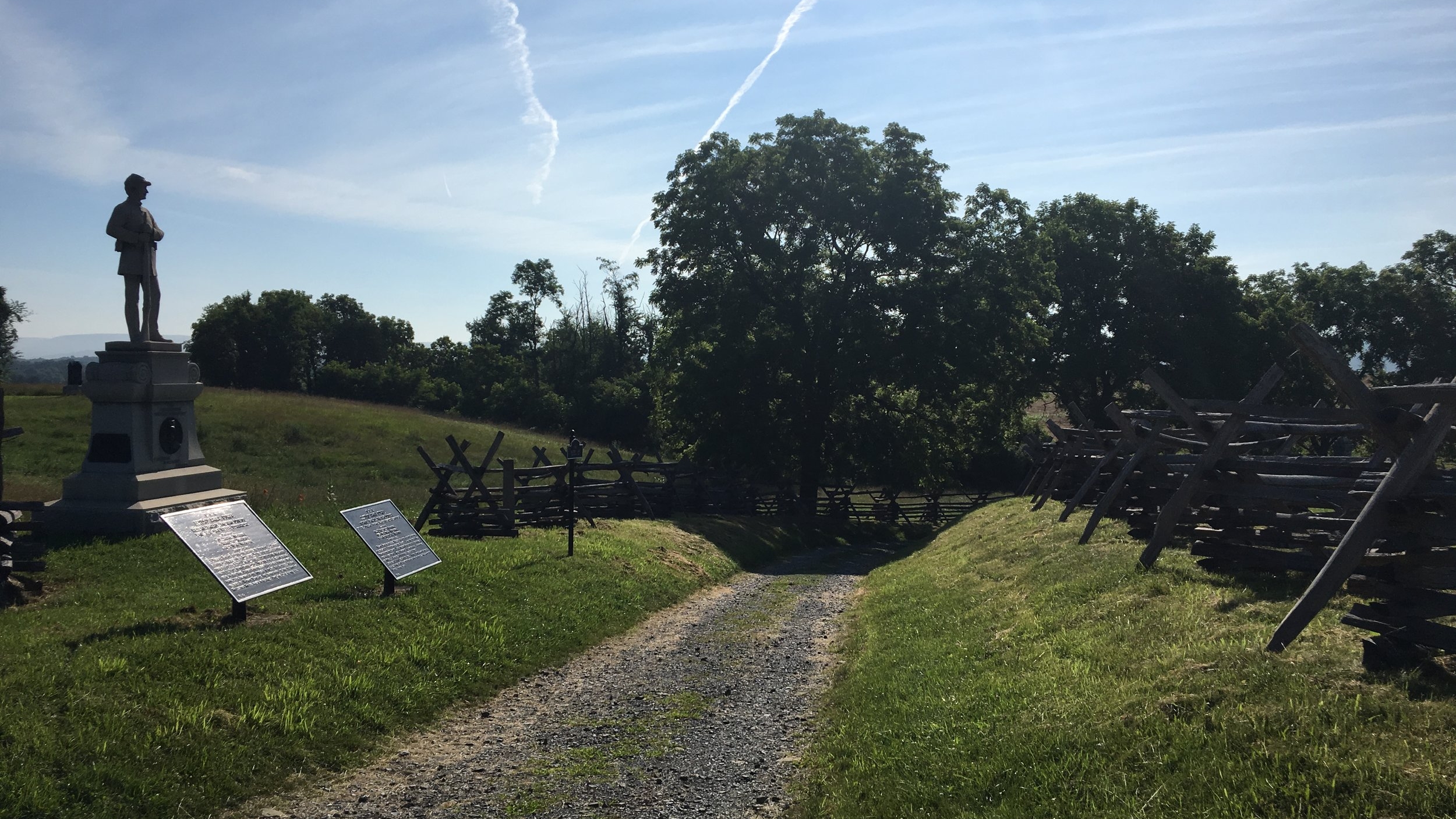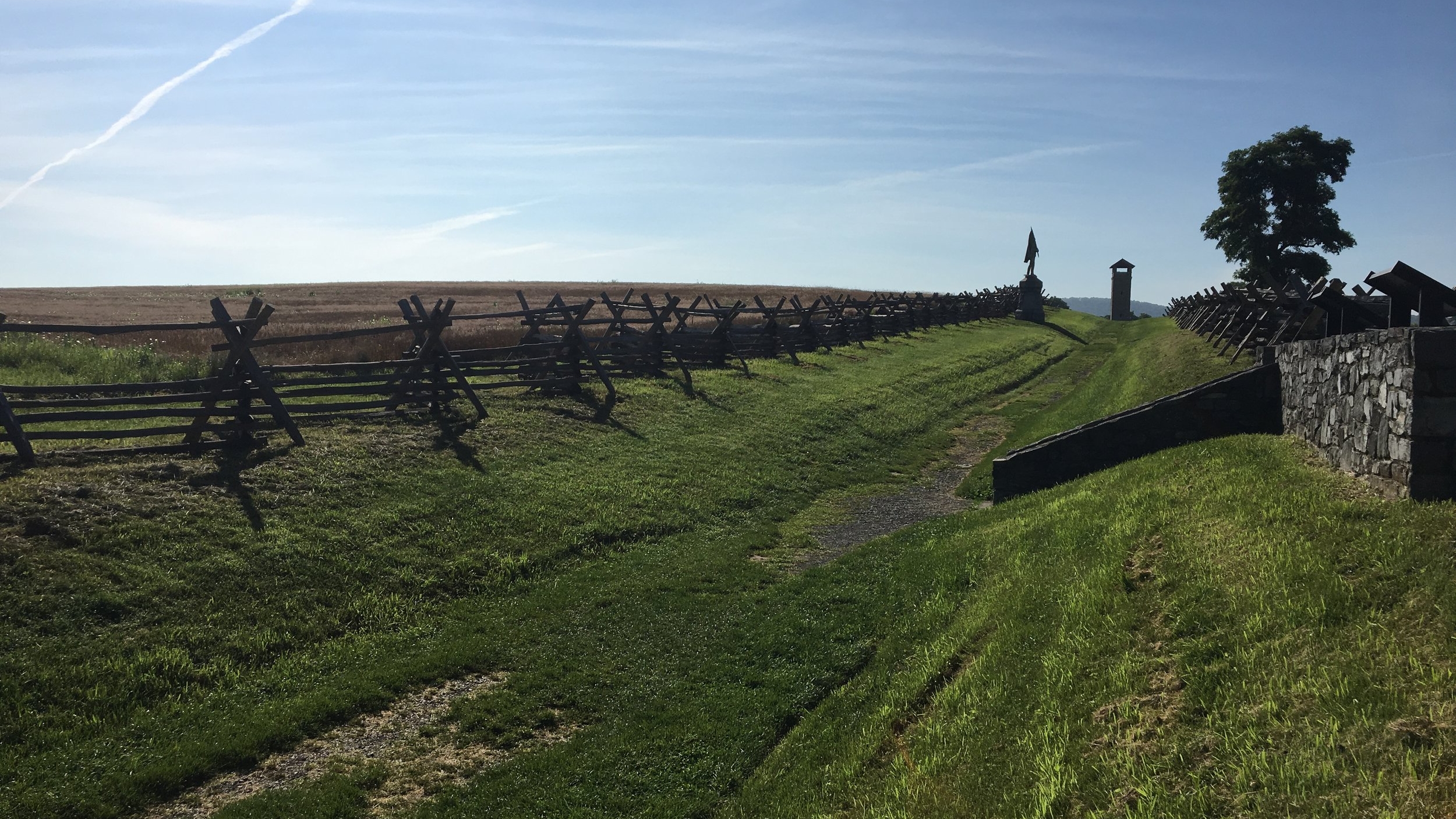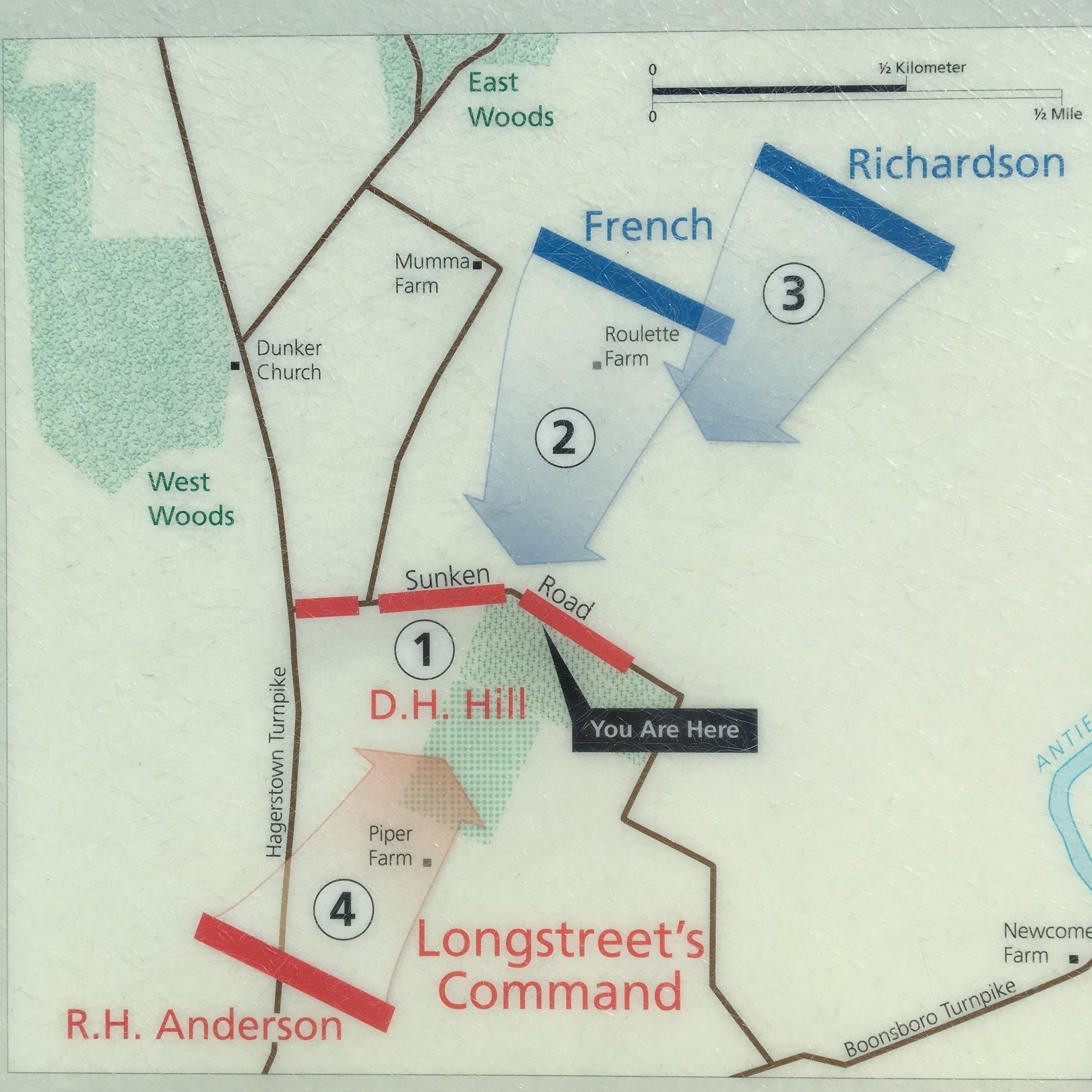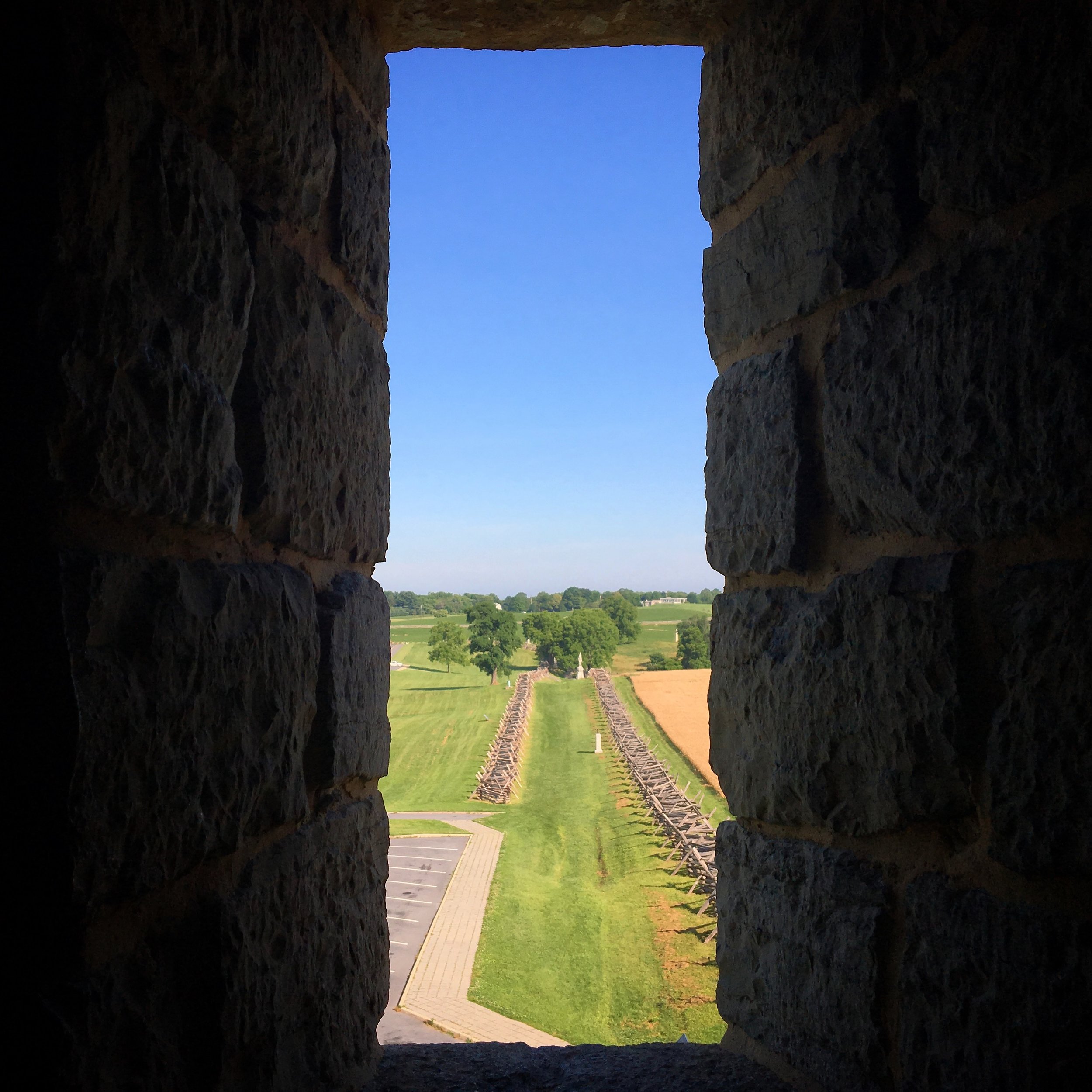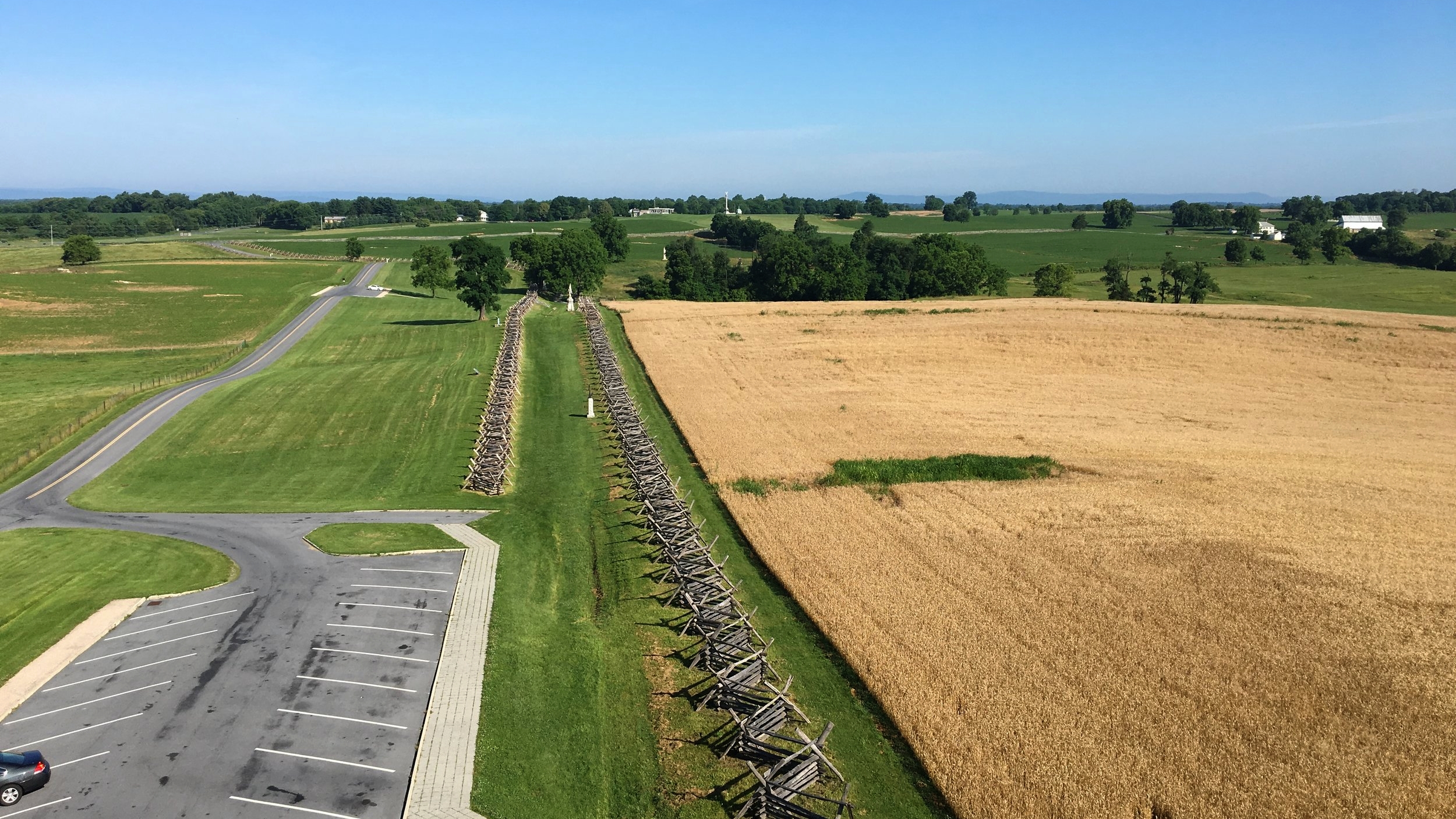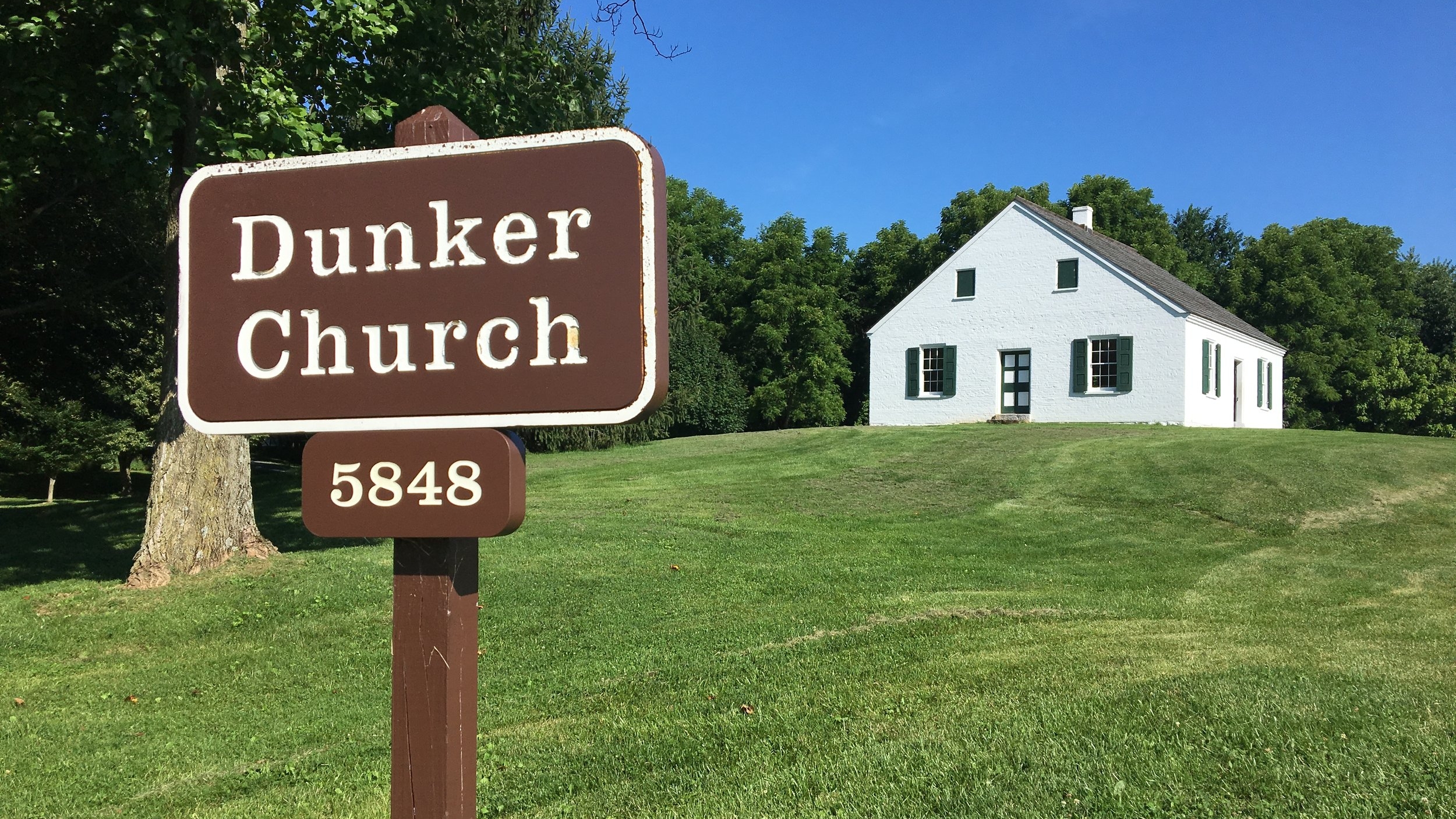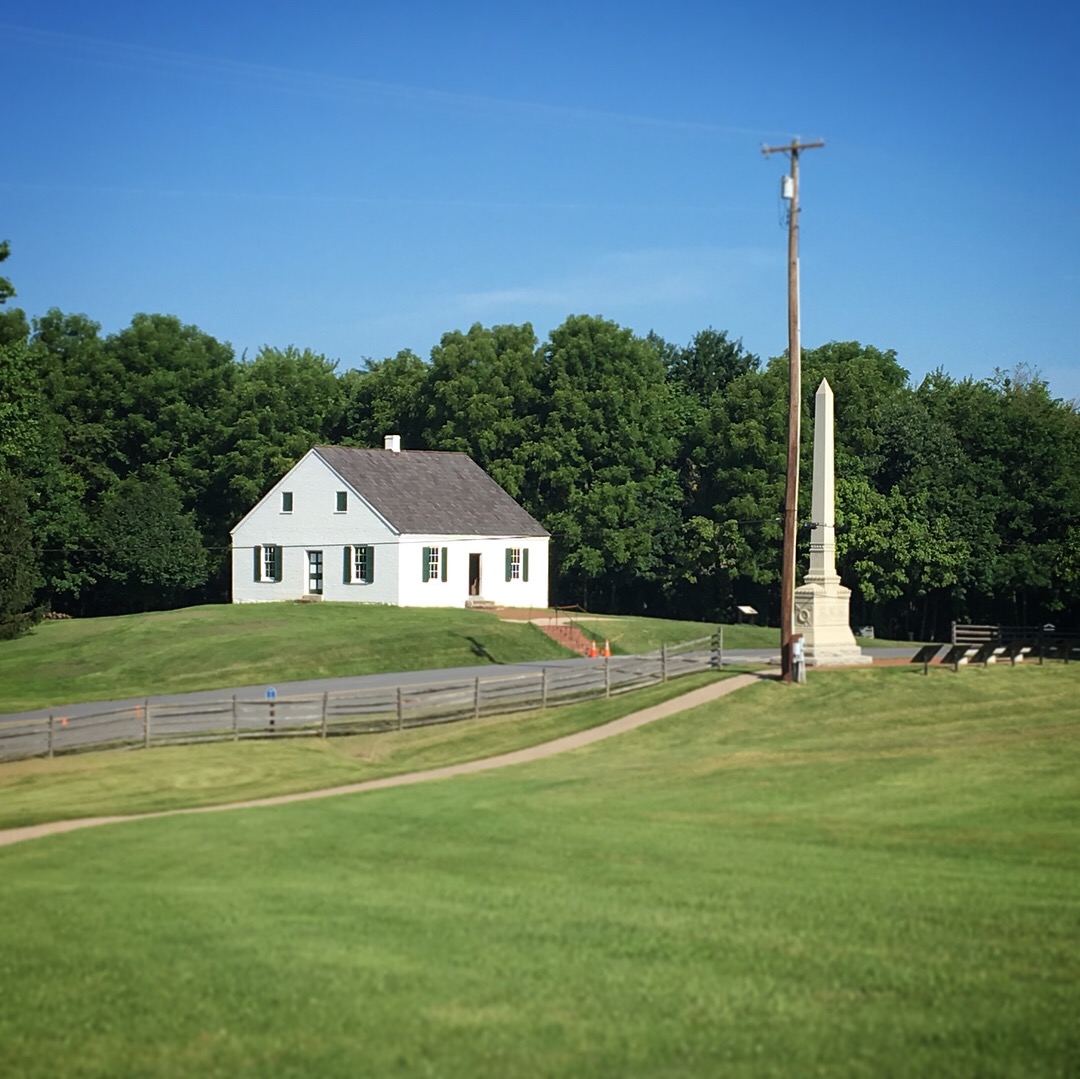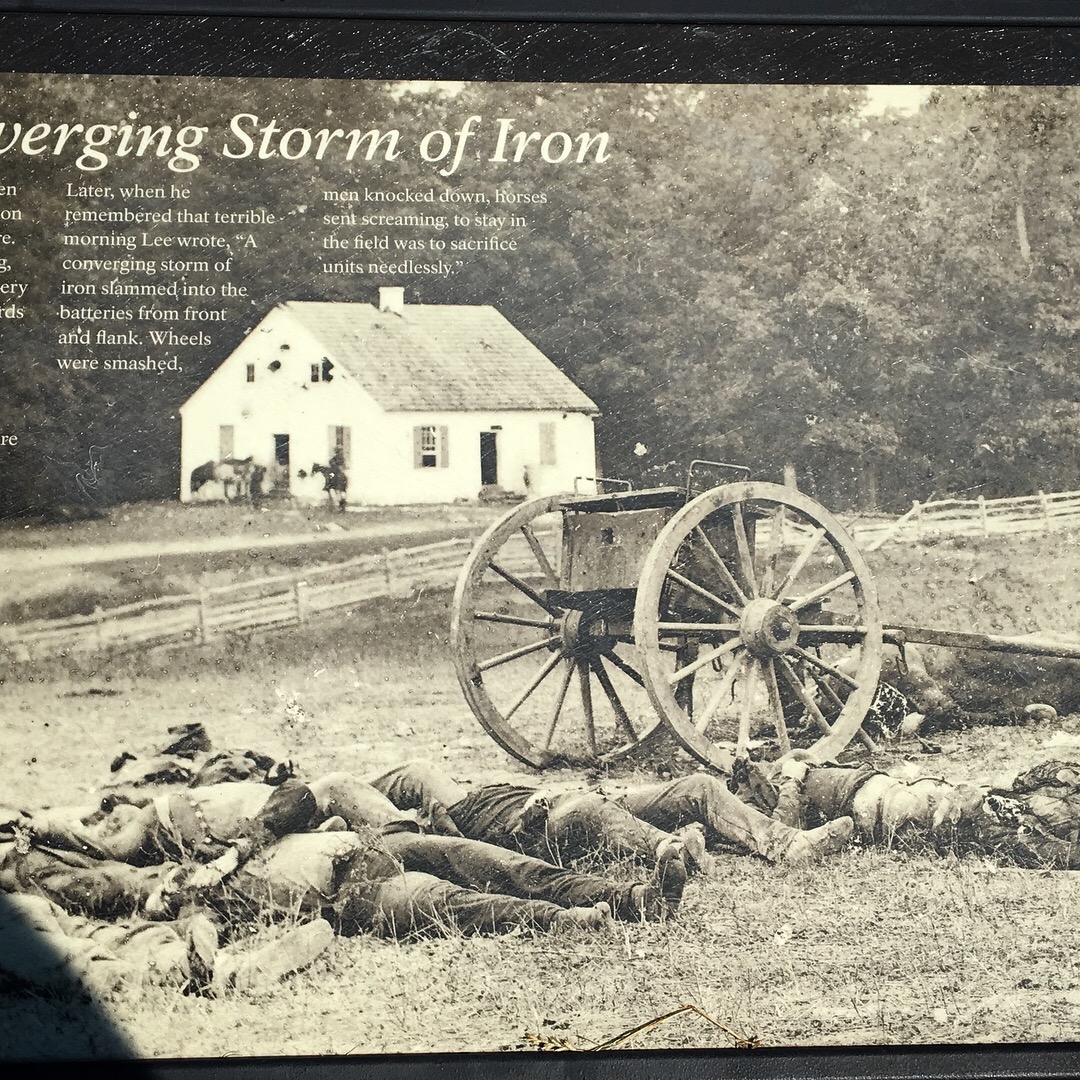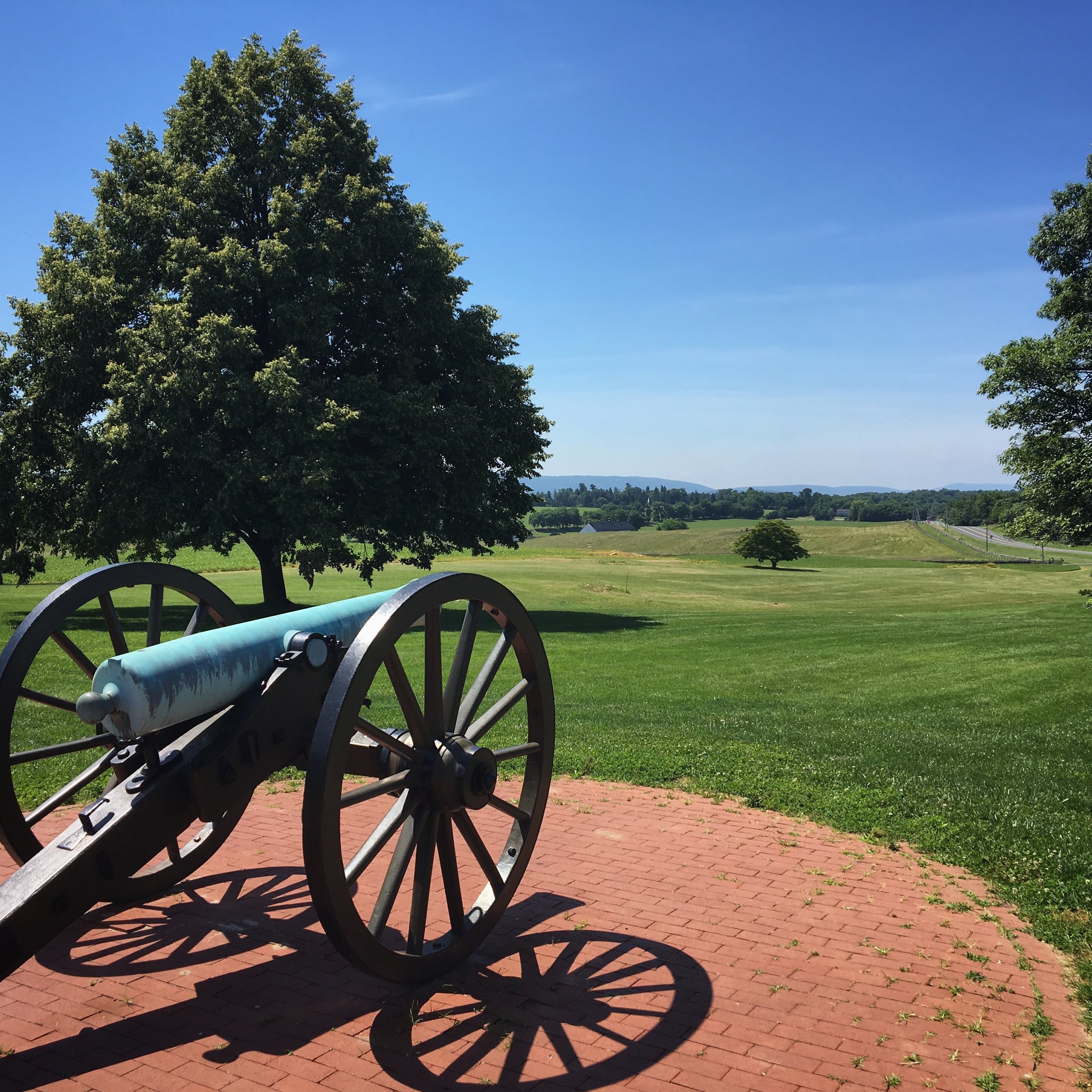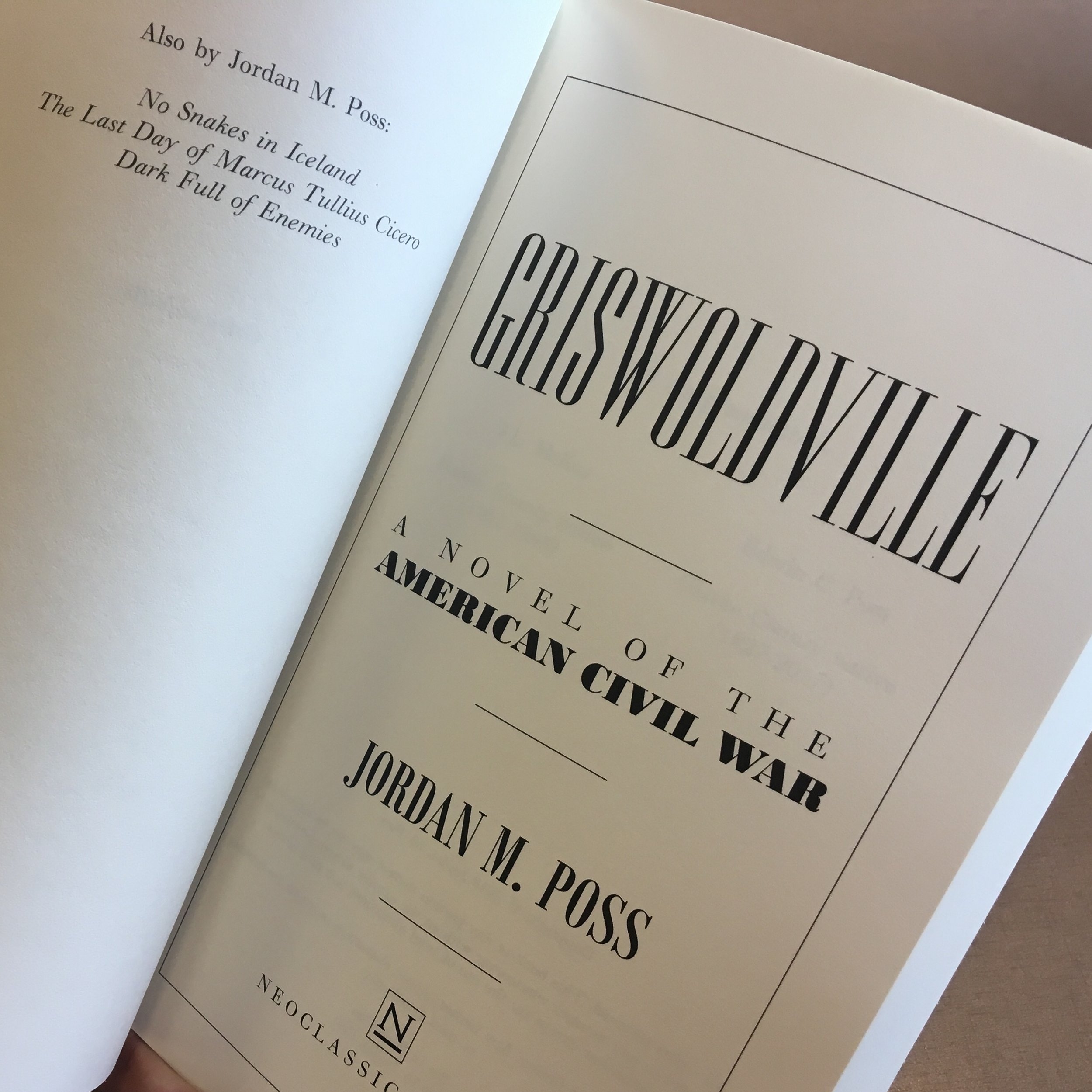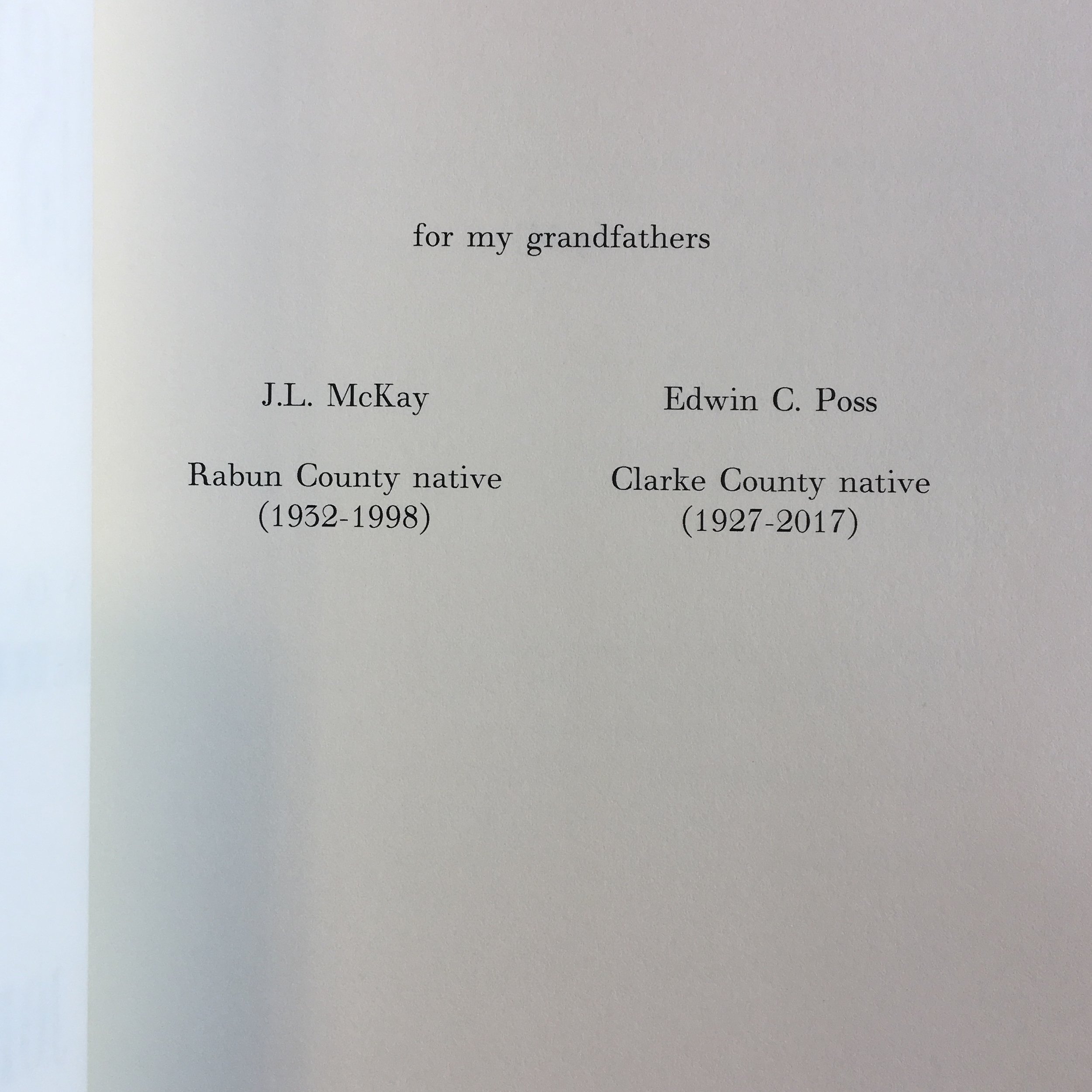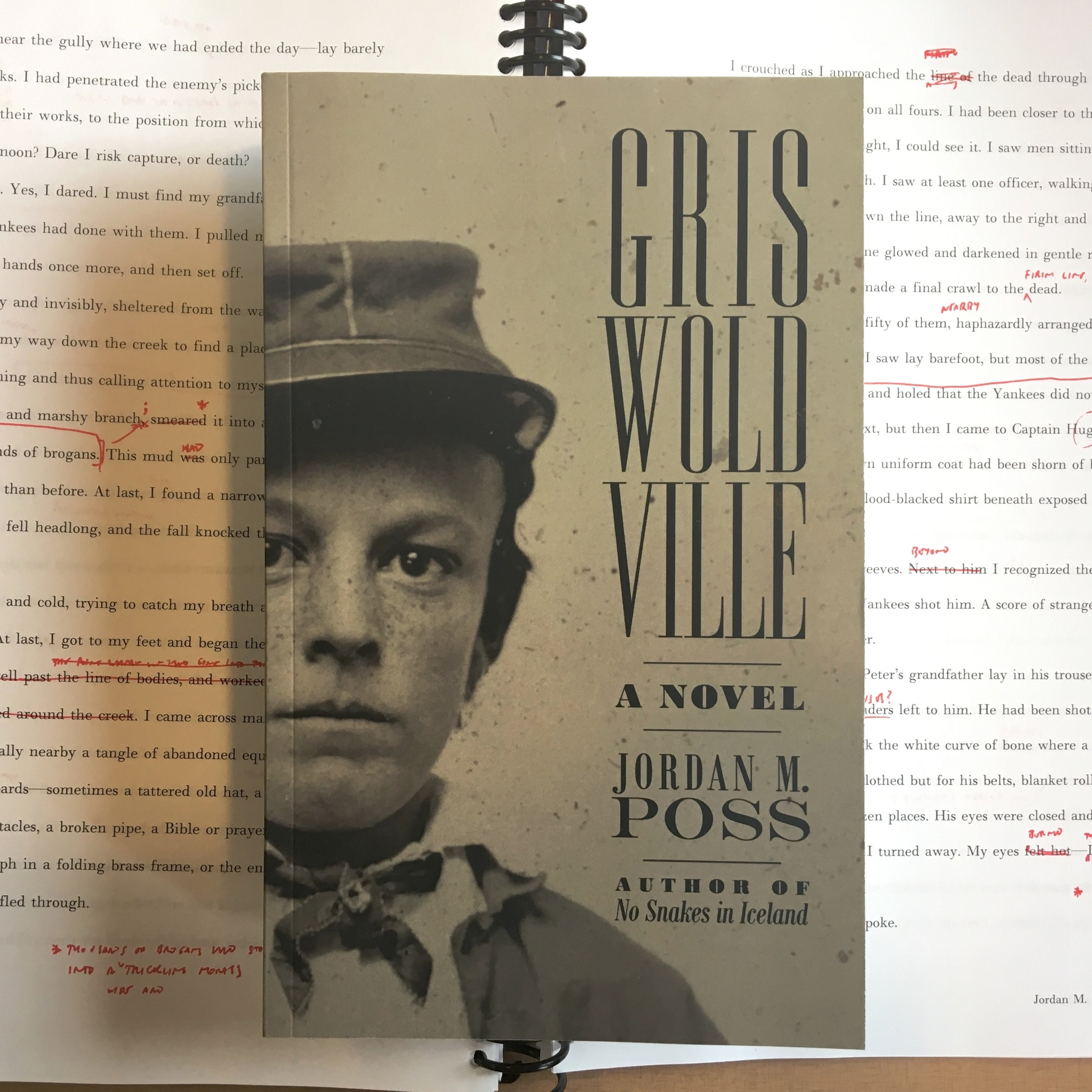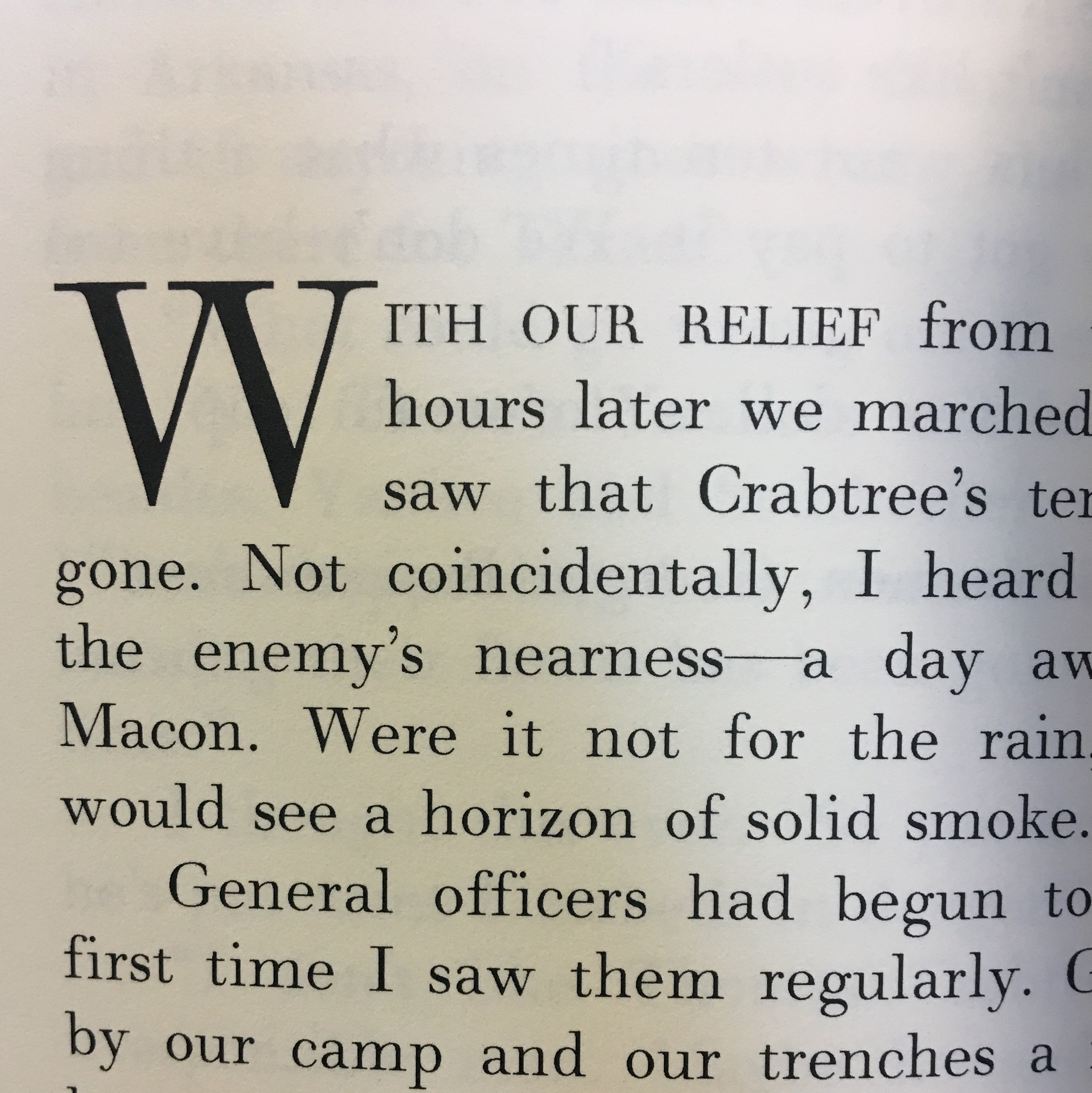Saving Private Ryan at 20
/Saving Private Ryan came out twenty years ago today. For a long time this was my favorite film. It grew with me; I recall watching it for the first time in a while, after having had two years of German in college, and reacting with shock as I realized I could understand the German commands and insults shouted during the battle.
I don't call it my favorite movie now, simply because I don't think I can narrow my favorites down to one any more and not because I've lost my appreciation for it or it hasn't aged well. Quite the contrary.
This film came out in a different world. Bill Clinton was president and had two years left in his second term. This was nearly three years before September 11th; before the eight years of the Iraq War or the seventeen and counting in Afghanistan; before George W. Bush, Obama, and Trump; before the great recession and the bailouts; before not only Parkland or Sandy Hook, but before Columbine; ten years before the first Marvel MCU movie; before iTunes, Netflix, Facebook, and MySpace; before Twitter. There were five and a half million World War II veterans alive then. There are about half a million now.
In a smaller context, as a small measure of the changes that have happened in the intervening decades: I was fourteen when Saving Private Ryan came out and, since was rated R, I didn't see it until a few years later, when a teacher loaned me her VHS copy. I had to get my parents' permission, and I'm grateful that they gave it.
STEVEN SPIELBERG AND TOM HANKS ON THE OMAHA BEACH SET IN IRELAND
I was a Stephen Ambrose-devouring WWII geek, slowly establishing a serious interest that has lasted to the present, and had begun collecting World War II movies (again, on VHS), which I watched over and over again. I particularly liked A Bridge Too Far and The Longest Day, large-scale, top-down epics of major campaigns, and the narrower fictional stories in The Guns of Navarone and The Bridge on the River Kwai. I still like—or love—these movies to a greater or lesser degree, and appreciate them on a much deeper level as an adult.
But Saving Private Ryan was different. Saving Private Ryan changed me.
It changed movies, too. If you're wondering where the last twenty years of desaturation and handheld shaky cam came from, look no further. But Saving Private Ryan outshines its many imitators, and still shocks and thrills, because it wasn't aping another film's style. Far from it; Spielberg and cinematographer Janusz Kaminski, both of whom won Oscars for this film, were aping the combat camera footage of the war itself, where the shaking was an artifact that the cameramen sought to reduce as much as possible given the horrible conditions in which they filmed, at risk to their own lives. Another measure of the changed world: this movie was shot on film and photochemically desaturated. The digital intermediate, allowing computer-controlled fine-tuning of a film's color, was still two years off. And because Spielberg and Kaminski adopted the style they did purposefully, for a carefully calculated effect, it still works. It's organic to the picture, not a stylistic tic.
This style was integral to the effect the film had on me as a kid. Saving Private Ryan was the first film to immerse me, to present to me not just meticulously staged action scenes with authentic period detail, but to show me what it was like to live through the events it depicts. I still remember the first time I watched it; during the lead up to the final battle, when the characters know the Germans are approaching and can only wait for the inevitable, I found myself desperately thinking up alternatives. I know the film backwards and forwards now, but it still involves me that much.
It also moves me, and often in unexpected ways. As a kid, my heart went out to Hanks's Captain Miller, especially as he dies fighting at the end, for a mission even he has struggled to believe in, or Vin Diesel's Caparzo, bleeding out in the rain. Jeremy Davies's Corporal Upham enraged me, as it doe so many viewers. Now my heart breaks for Mrs. Ryan, glimpsed only in one dialogue-free scene, or the French family Caparzo was trying to help, or Wade, begging for his mother as he dies. Even the cowardly Upham I can sympathize with, if only as a fellow human being who has also felt overpowering fear.
Spielberg is often criticized or outright mocked for his sentimentality or schmaltz, but I don't think Saving Private Ryan's ending detracts at all from the film. If the purpose of any war is simply to protect lives and ways of life, Private Ryan's humble, common man attempt to "earn this" was the point all along. So in addition to teaching me that war is not fun, that combat has consequences, that human lives are senselessly wasted even in worthwhile conflicts, and that the good guys will inevitably sin too, Saving Private Ryan reaffirmed something my parents had taught me from childhood: human life matters.
In an era of entertainment offering cynical, prurient depictions of violence and suffering, self-congratulatory political platitudes, or messaging that simply affirms us where we are without challenging our comfortable vision of the present, we could all stand to revisit this brutal war film.





